
About 20 units of American nuclear weapons are stored in Germany, modernized and ready for deployment. But experts warn that the nuclear deterrence provided by the U.S. is not a guarantee. Could this weapon soon be moved to the Baltic countries?
The Bundeswehr is celebrating its 70th anniversary in Berlin amid tense circumstances. Never since its establishment has the security situation been as critical as it is today.
Partially, stability is ensured by American nuclear weapons on European soil. About 20 units are stored in Germany: free-fall bombs that can be dropped by fighter jets such as the Eurofighter. They have been recently modernized, and their destructive power is simply overwhelming.
This weapon is part of the United States' commitments to ensure nuclear security. The U.S. keeps its nuclear hand on the protection of its European allies. However, amid growing doubts about U.S. President Donald Trump's reliability regarding NATO, concerns are rising about the assumptions that Washington might waver in an emergency or even retreat.
"There has never been and can never be certainty that the U.S. will actually deploy nuclear weapons. It is not a guarantee. But what matters is that the adversary cannot rule it out," said political scientist and security expert Karl-Heinz Kamp to Euronews. "Deterrence is pure speculation. So far, for 50 years, it has been maintained," he adds.
Nuclear Weapons for Europe
In the summer, the United States reportedly delivered new nuclear weapons to Europe, according to several American media outlets. This is indicated by flight routes and the procurement of special F-35 fighter jets capable of carrying tactical nuclear weapons, which are nuclear weapons with limited explosive power that can be used against military targets. No official confirmation from U.S. authorities has been received yet.
Germany has also ordered F-35 fighter jets. The first of them are expected to be delivered in 2026.
U.S. nuclear weapons have been stored in Europe since the Cold War, but their exact number remains a mystery, and their purpose is primarily symbolic: to deter potential aggressors like Russia.
Never since the end of World War II has nuclear deterrence held such political significance as it does today. Since the beginning of his large-scale aggressive war against Ukraine, Putin has repeatedly threatened to use nuclear weapons, as reported by Euronews.
"The Russian armed forces were in very poor condition. Putin thought about this because he felt cornered," analyzes Kamp.
Whoever Shoots First Dies Second
Estimates suggest that Russia has about 5,500 nuclear warheads. The Kremlin uses this arsenal for political purposes: to deter the West from intervening in the war in Ukraine.
However, Kamp doubts that Putin would actually order the use of nuclear weapons. "Whoever shoots first dies second. This is an undesirable situation," he says.
It is estimated that about 20 hydrogen nuclear bombs B61-12 are stored at the Büchel Air Base in the state of Rhineland-Palatinate, Germany. They have been recently modernized and are ready for deployment at any moment.
And there may be even more: there are numerous so-called "storage sites" in various locations in Germany. Storage sites are systems for storing nuclear bombs. The U.S. could deploy new weapons in Germany or withdraw existing ones at any time.
American nuclear weapons on German territory are criticized by various initiatives, such as the anti-nuclear alliance ICAN Germany, which calls for their withdrawal.
In Europe, American nuclear weapons are also stored in Belgium, the Netherlands, Italy, Turkey, and, recently, the United Kingdom. It is believed that around 100 units are deployed there.
Kamp explains that this weapon could be moved to the Baltic countries, near the Russian border. NATO could also send a clear signal to Russia in Poland or Romania.
"Having Own Nuclear Weapons Is Not a Fantasy"
Theoretically, Germany could produce its own nuclear weapons.
"This is not a fantasy," says Kamp.
All technologically advanced countries are capable of this. However, from a political standpoint, such a move would be a catastrophe for Germany, primarily due to its historical responsibility.
Two international treaties prohibit Germany from having its own nuclear weapons: first, the 2+4 Treaty of 1990, concluded with the victorious powers after the reunification of Germany. The second is the Treaty on the Non-Proliferation of Nuclear Weapons, which the Federal Republic of Germany signed in 1969.
Theoretically, Germany could withdraw from both treaties, but in practice, this is unlikely to be possible from a political and social perspective.
Germany and other NATO countries have not signed another treaty - the UN Treaty on the Prohibition of Nuclear Weapons, which has been in effect since January 2021. Nuclear powers have also refused to sign it. The goal of the treaty is a world without nuclear weapons.
The German population virtually does not support the idea of creating its own nuclear weapons. Only about a third of Germans are in favor of it.
And in any case, there is no need for it. Even without the U.S., Germany remains protected within NATO by the nuclear arsenals of France and the United Kingdom.

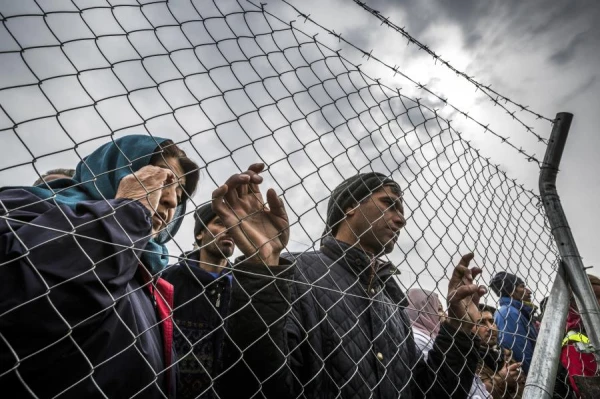

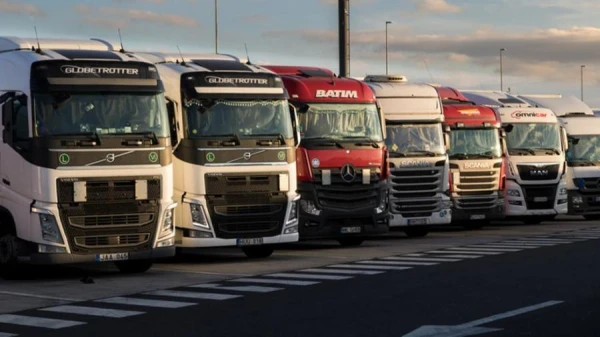

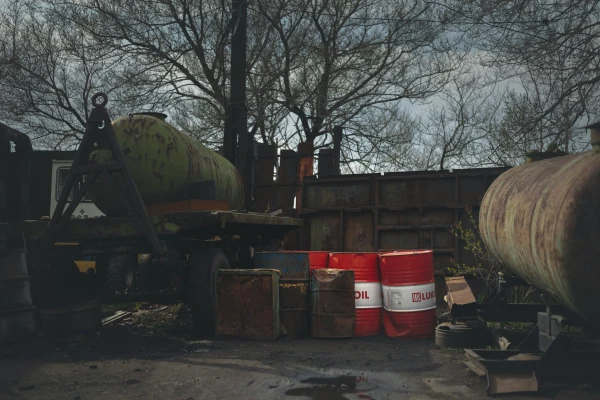
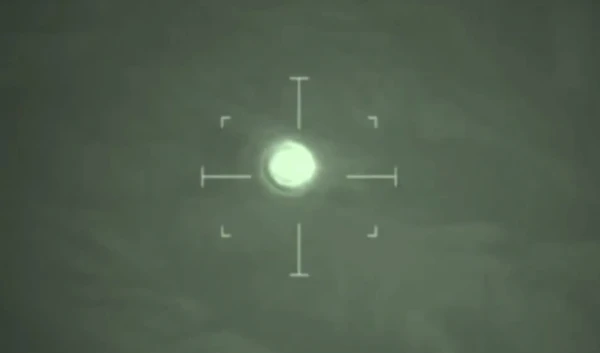
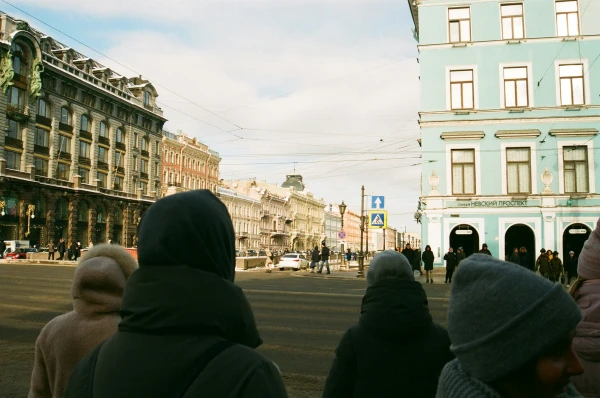
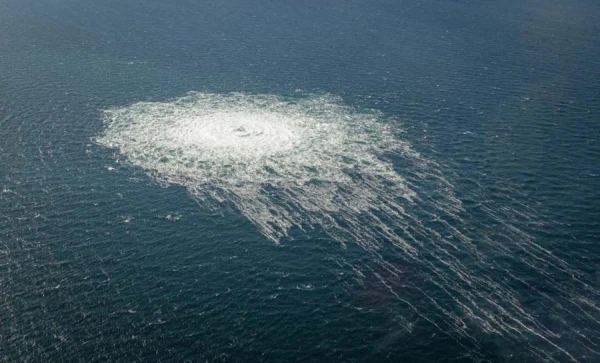






Leave a comment